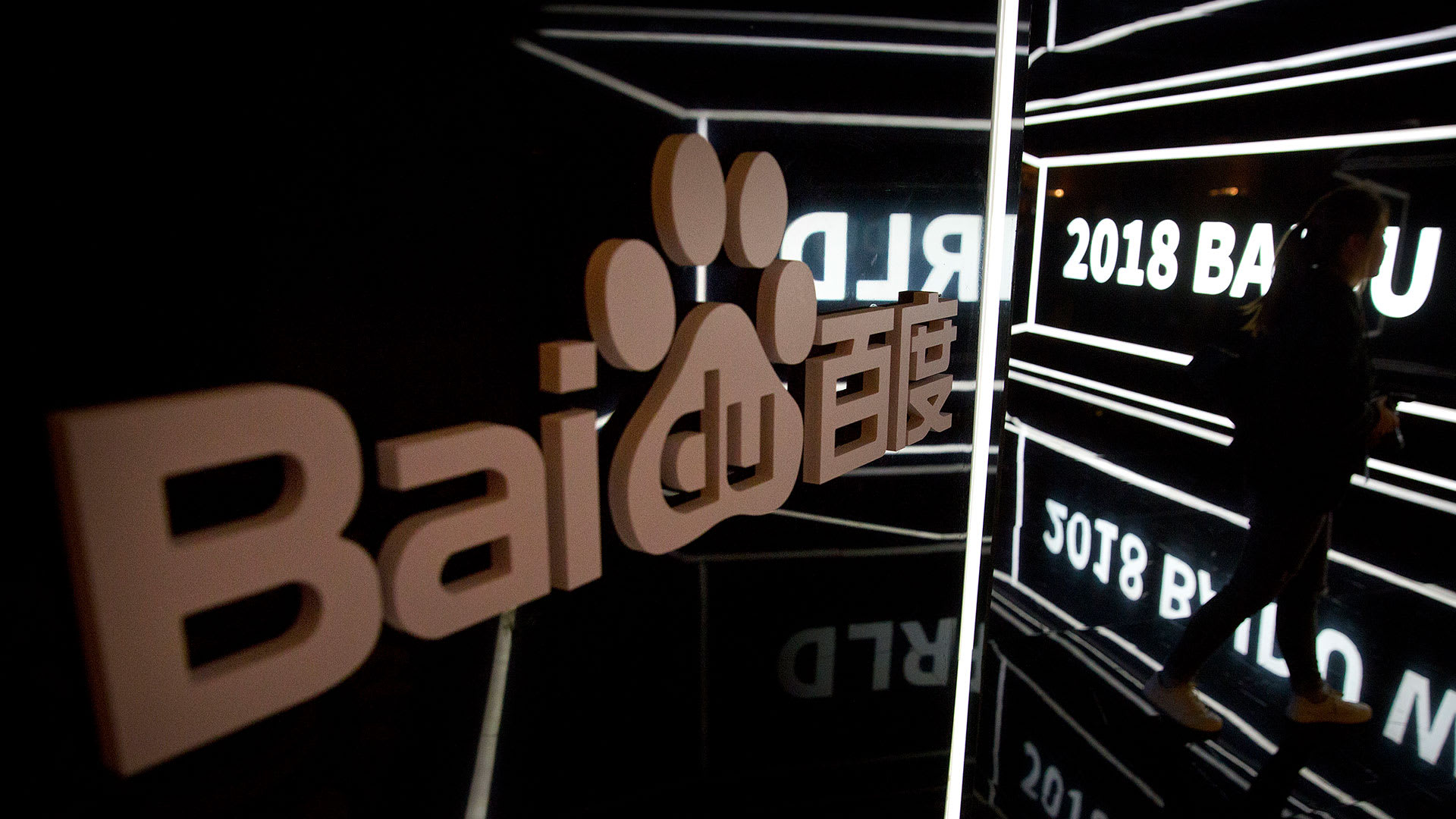
Qu Jing, the former vice president and head of communications at Baidu, often dubbed China’s equivalent to Google, sparked a public relations crisis for the Chinese search engine giant after her controversial comments struck a nerve with young workers who are tired of grueling hours and relentless pressure.
In a series of short videos posted last week on Douyin, China’s version of TikTok, Qu spoke about her dedication to her career, strict management style, and high demands on her direct reports. In one video, she criticized an employee who refused to go on a 50-day business trip during the Covid-19 pandemic, when China had strict travel restrictions and quarantines.
“Why should I take my employee’s family into consideration? I’m not her mother-in-law,” Qu said. “I’m 10 years, 20 years older than you. I didn’t feel bitter about it or tired, even though I have two children. Who are you to tell me that your husband can’t stand it?”
In another clip, Qu shared her personal sacrifices as a working mother, admitting she was so focused on work that she forgot her elder son’s birthday and what grade her younger son was in at school. She justified her actions by saying she chose to be a career woman.
“If you work in public relations, don’t expect weekends off,” she said in a third video. “Keep your phone on 24 hours a day, always ready to respond.”
She also threatened to retaliate against employees who complained about her, stating they wouldn’t get another job in the industry.
The American Psychological Association describes a “toxic workplace” as an environment filled with infighting, intimidation, and other negative behaviors that harm productivity.
Following the public outcry, Qu lost her job at Baidu, a source familiar with the matter confirmed. By Thursday night, Qu had removed the title of “Baidu’s vice president” from her Douyin account. Qu apologized earlier in the day, stating her posts did not reflect Baidu’s stance.
### Public Reaction
The controversy became a trending topic on Douyin and Weibo, China’s social media platforms, dominating online discussions. Users criticized Qu for her aggressive and insensitive approach, accusing her and Baidu of promoting a toxic workplace culture.
“In her voice and tone, there’s deep indifference and lack of empathy for the common plight of her colleagues,” said Ivy Yang, a China tech analyst and founder of Wavelet Strategy.
“A lot of what she said struck a nerve because people experience similar issues in their workplaces. The fact that she expressed it so directly generated a strong emotional response,” she added. “This is what the bosses are thinking, and she was merely saying it out aloud.”
China’s young workers have increasingly spoken out against the culture of excessive overwork and extreme competitiveness, especially in the tech sector. In 2019, Alibaba co-founder Jack Ma faced intense criticism for endorsing the “996” trend, which involves working from 9 am to 9 pm six days a week, calling it a “huge blessing.”
Yang called the backlash against Ma a “watershed moment” that made people reconsider their relationship with their workplaces, a trend that has intensified as China’s economy slows.
“When companies demand complete loyalty, time, and energy from their employees without reciprocity or reward, especially when things are slowing down, it creates a central conflict. This conflict is at the heart of the Baidu saga,” Yang added.
### Qu’s Apology and Background
After days of silence, Qu apologized on Thursday for “causing such a big storm” in a post on her WeChat account, China’s most popular social media app.
“I have carefully read all the opinions and comments from various platforms, and many criticisms are very pertinent. I deeply reflect on and humbly accept them,” Qu wrote. She distanced her remarks from Baidu, stating she had not sought approval beforehand and that her comments did not represent the company’s values and culture.
A source familiar with the matter said Qu’s videos were part of her effort to amplify Baidu’s voice on short video platforms, which have become increasingly important for information dissemination in China. Qu had asked all PR team members to create personal accounts, with the main goal being to improve their ability to make short videos. Qu chose to share her personal experiences.
Qu worked as a reporter for China’s state news agency Xinhua before transitioning to the PR industry. She joined Baidu in 2021 from Huawei, known for its hard-charging “wolf culture,” where employees are expected to emulate wolves’ bloodthirsty nature, fearlessness, and resilience. Ren Zhengfei, Huawei’s founder, has previously stated that “wolf culture” meant “sensitivity, team spirit, and resilience,” and that the company did not have a “996 culture.”
A former Baidu employee said Qu brought Huawei’s “aggressive” corporate culture with her to Baidu, causing significant turnover within her team. The PR team was expected to be always available, respond to messages immediately, and attend meetings at short notice, including at midnight and on weekends.
This article has been updated with additional information.



